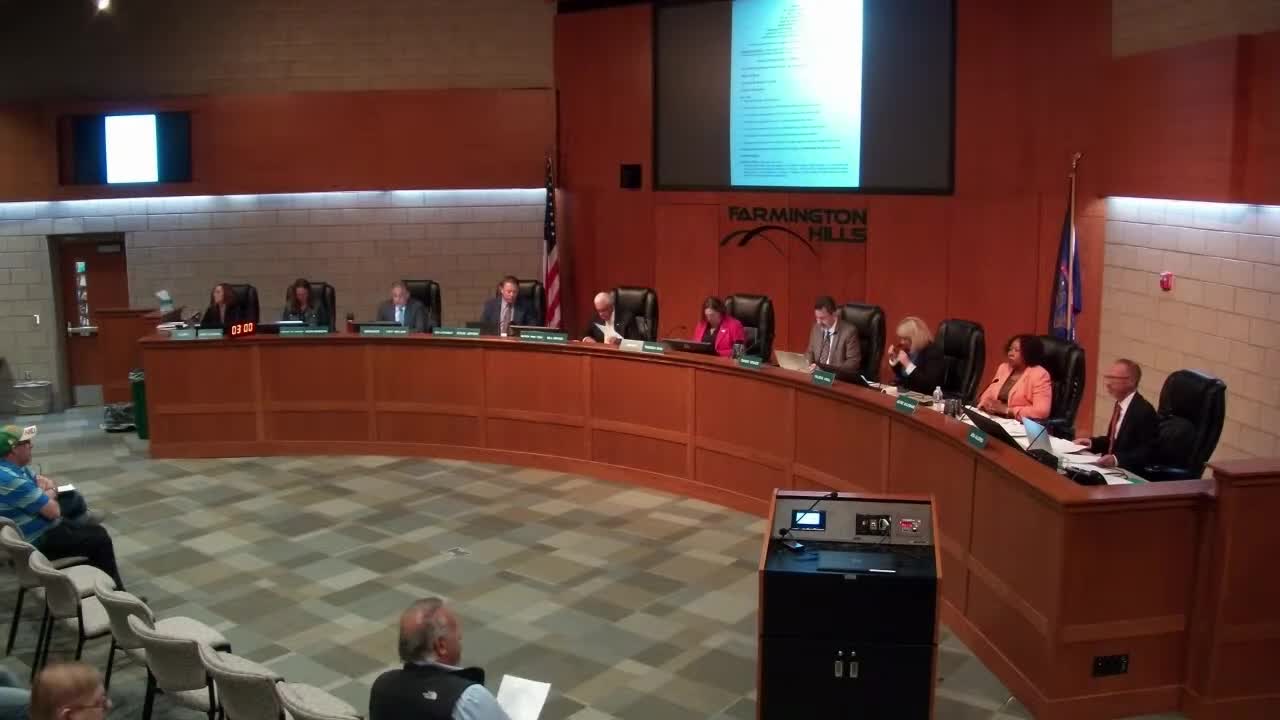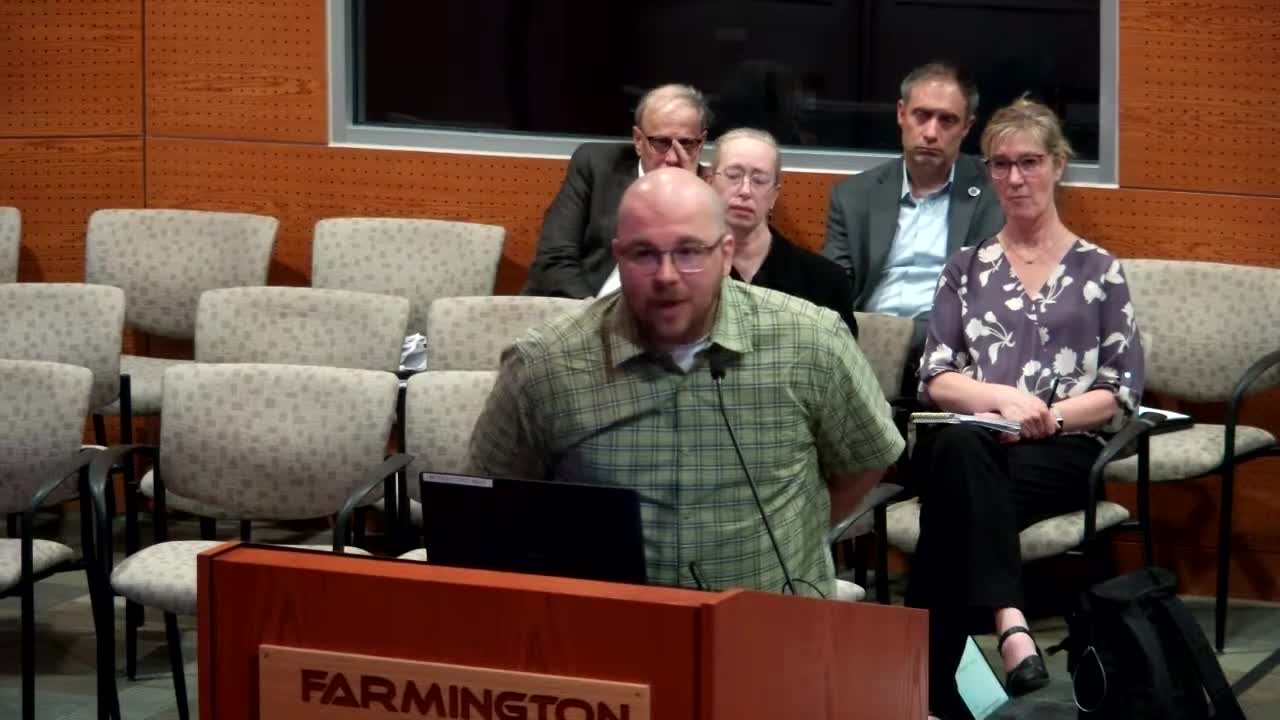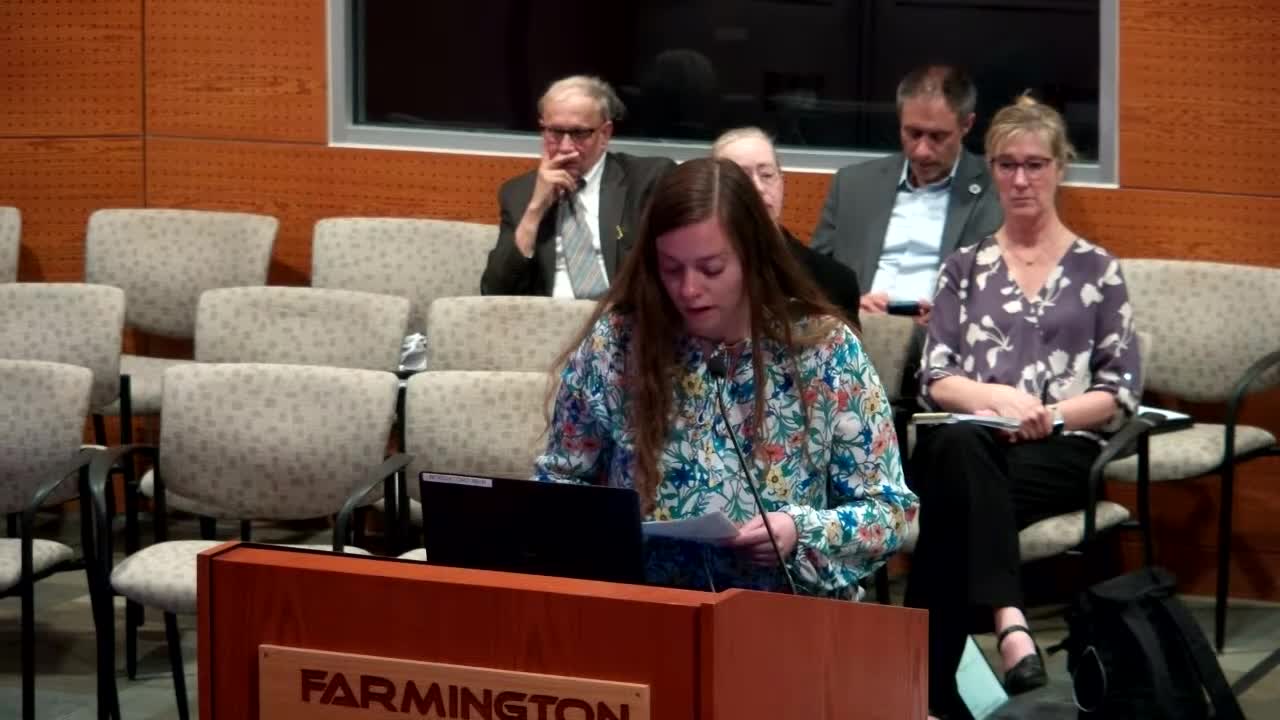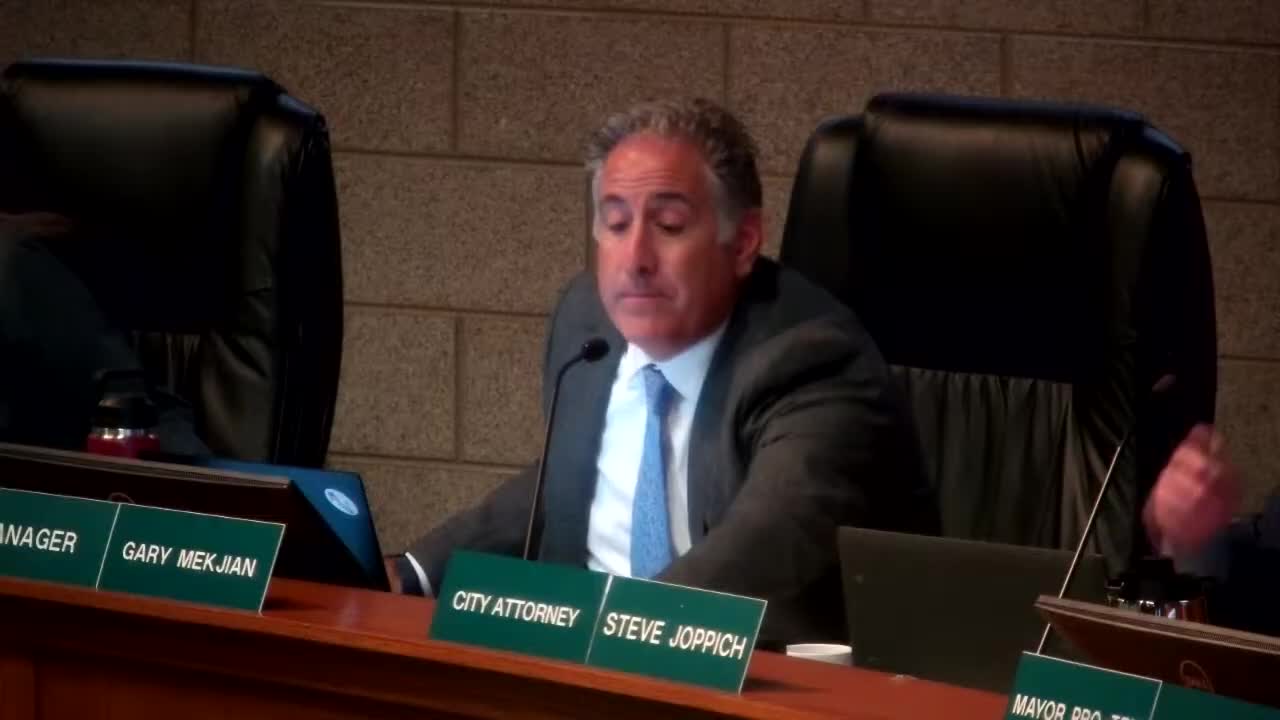Article not found
This article is no longer available. But don't worry—we've gathered other articles that discuss the same topic.

Residents urge Farmington Hills to rescind deer cull, propose nonlethal alternatives

Council introduces ordinance to allow alcohol service in smoking lounges

Council upholds fee for FOIA request seeking city manager/assistant manager texts

